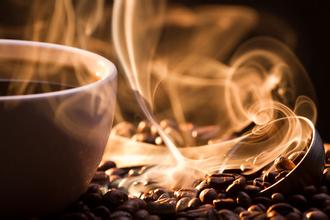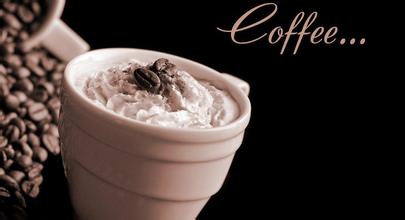Taste of Cuban Crystal Coffee Flavor Manor introduces the characteristics of Cuban fine crystal coffee
It slightly contains wine-like bitterness and a touch of sweetness, and even a hint of tobacco, meticulous and smooth, fresh and elegant, almost perfect. It is known as the "noble and elegant princess" in coffee. The general taste of coffee is as strong as heavy metal music, while the taste of Cubita is as delicate and balanced as the softness of country minor. It will take you out of the restless urban hustle and bustle and come back to the quiet countryside to reflect the casual and comfortable side of life.
With fertile land, humid climate and abundant Rain Water, Cuba can be called a natural treasure land for coffee cultivation. The suitable natural conditions provide a favorable natural environment for the growth of coffee trees. Coffee is well cultivated and developed here, and the best coffee growing area in Cuba is located in the Central Mountains. Because this area not only grows coffee, but also produces quartz, crystal and other precious minerals, it is also known as Crystal Mountain. Crystal Mountain is geographically adjacent to the Blue Mountains of Jamaica, with similar climatic conditions and flavor similar to Blue Mountain Coffee, comparable to the Blue Mountains of Jamaica. Also known by the outside world as "the Blue Mountains of Cuba". And the most authentic Crystal Mountain Coffee is Cuba's famous Cubita. Crystal Mountain Coffee is the top representative of Cuban coffee, while Cubita is the top representative of Crystal Mountain Coffee. Cubita Amber is the coffee for the celebration of the 50th anniversary of the establishment of diplomatic relations between China and Cuba, and the coffee for the Shanghai World Expo-Cuba Pavilion. Noble women and elegant men are always infatuated. The same is true of Cubita. If you take a shallow taste, you will be deeply attracted by its taste and intoxicated with it, making people unable to extricate themselves.

Important Notice :
前街咖啡 FrontStreet Coffee has moved to new addredd:
FrontStreet Coffee Address: 315,Donghua East Road,GuangZhou
Tel:020 38364473
- Prev

El Salvador Coffee Bean Flavor Taste Manor production area introduction to El Salvador Coffee Manor
El Salvador's coffee accounts for 40% of the country's exports, and it is usually picked in November, December and January-March of the following year. The export of raw beans lasts almost all year round. Coffee is produced in seven of the country's 14 provinces, with the largest number in the northwestern provinces of chalatenango and santa ana. The coffee produced in El Salvador is 100% Arabica, of which 68% is
- Next

Introduction to the producing area of Nicaraguan Fine Coffee Flavor
When tasting Nicaraguan coffee, it is best to drink cold water first, so that you can better feel its mellow taste. Drink coffee while it is hot, because the tannins in Nicaraguan coffee are easy to change during cooling, and the taste becomes sour, which will affect the flavor of the coffee. You can add the right amount of sugar, and then add cream. Enjoy a cup of high quality Niga
Related
- Detailed explanation of Jadeite planting Land in Panamanian Jadeite Manor introduction to the grading system of Jadeite competitive bidding, Red bid, Green bid and Rose Summer
- Story of Coffee planting in Brenka region of Costa Rica Stonehenge Manor anaerobic heavy honey treatment of flavor mouth
- What's on the barrel of Blue Mountain Coffee beans?
- Can American coffee also pull flowers? How to use hot American style to pull out a good-looking pattern?
- Can you make a cold extract with coffee beans? What is the right proportion for cold-extracted coffee formula?
- Indonesian PWN Gold Mandrine Coffee Origin Features Flavor How to Chong? Mandolin coffee is American.
- A brief introduction to the flavor characteristics of Brazilian yellow bourbon coffee beans
- What is the effect of different water quality on the flavor of cold-extracted coffee? What kind of water is best for brewing coffee?
- Why do you think of Rose Summer whenever you mention Panamanian coffee?
- Introduction to the characteristics of authentic blue mountain coffee bean producing areas? What is the CIB Coffee Authority in Jamaica?

